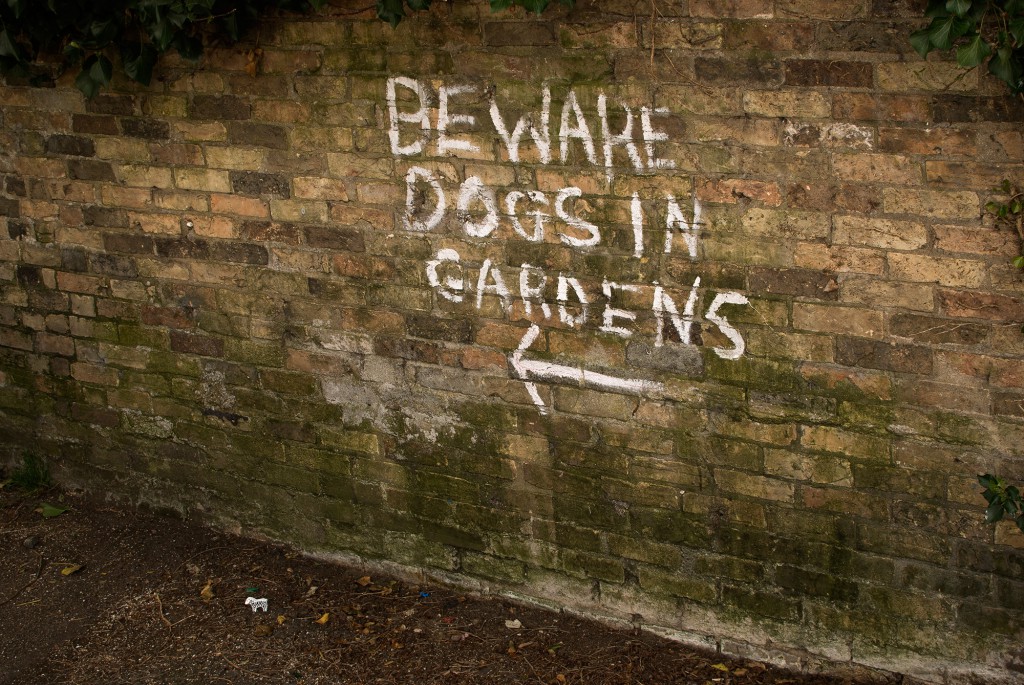This post will mostly be about stuff that’s caught my eye/ear/imagination recently including acknowledging that our bodies, when correctly directed want to get us functioning as well as they can. The power of the mind is a precious thing:
I was listening to Today on BBC Radio 4 on Thursday the 18th February
“0845
The renowned physicist Michio Kaku, author of “The Future of the Mind” says we’ve learned more about our brains in the last 15 years than in the whole of human history and new technologies like MRI means we’re entering a golden age of neuroscience. The human brain might be unusual territory for a theoretical physicist but Professor Kaku says many of these remarkable feats are already happening in our laboratories.”
I’m really pleased investigation is going on in labs as it doesn’t always feel like there’s much investigation going on from this patient’s experience. I apologise if that sounds a bit grumbly. After finding out a number of years ago that specialists weren’t interested in investigation outside of their small area of expertise really, I should be over the fact that healthcare doesn’t directly seem to be about caring for the patient, not if you’re the owner of a non-lifethreatening condition.

It could be argued that not addressing long term (ie not deadly) conditions is a rational use of the NHS’s limited funds. On the other hand, stopping people from dying is a laudable prize to keep their eyes on.
When the pharmaceutical companies are getting up to activities like those listed below it’s time for folk to start taking their health into their own hands.
- Falsification or submission of false information
- Underreporting of adverse events
- Failure to follow the investigational plan or other violations of protocol
- Inadequate record keeping
- Failure to protect the rights, safety, and welfare of patients
- Use of experimental compounds in patients not enrolled in trials
- Failure to supervise clinical investigations properly
How can we harness the power of our mind to heal ourselves? I’m thinking being less grumbly on my part toward what we are offered in the healthcare arena might be a start. This article points again to the power of placebo and how it’s often more effective than the treatments we more usually have pushed toward us.
I list some of the alternatives to the mainstream pharmaceutical offerings from our GPs and other healthcare providers in this site and on this page. We perhaps don’t pay enough attention to what we occupy our minds with?
Connection with people isn’t always easy to keep up when you are less mobile and can’t get out to see people but we’re social animals and benefit from contact of one sort or another on a fairly regular basis.
This lady says we come to rely on machines too much and mentions visiting an old folks’ home during her time researching social media and seeing a robot seal being given to a lady with dementia to provide her comfort.
The lady seemed to be saying it was a bad thing to be substituting digital for physical contact but I think perhaps she’s looking at the situation from an able and older perspective?
Any contact whether good or bad appears to be necessary for human beings – cultivate creating good contacts.


